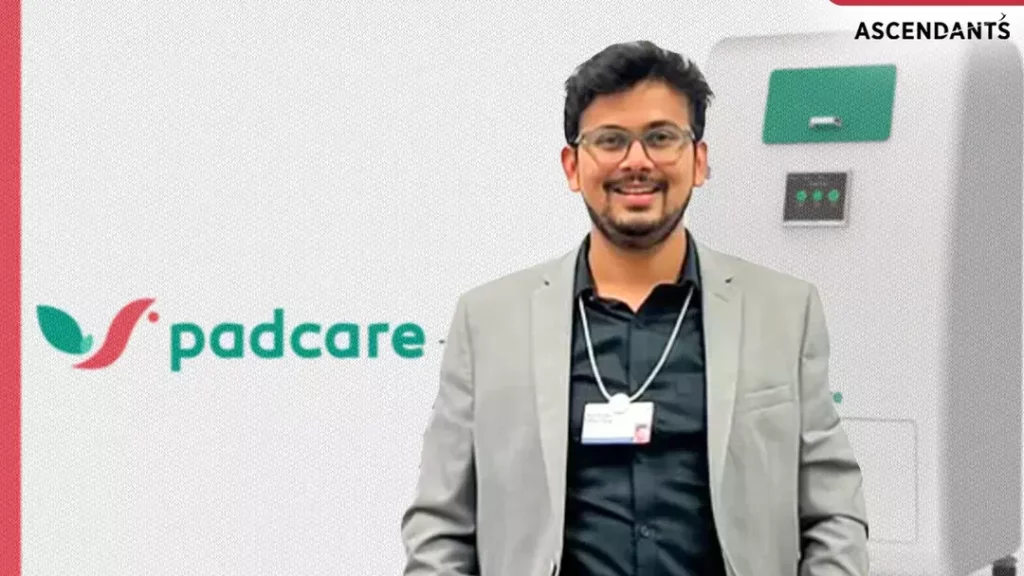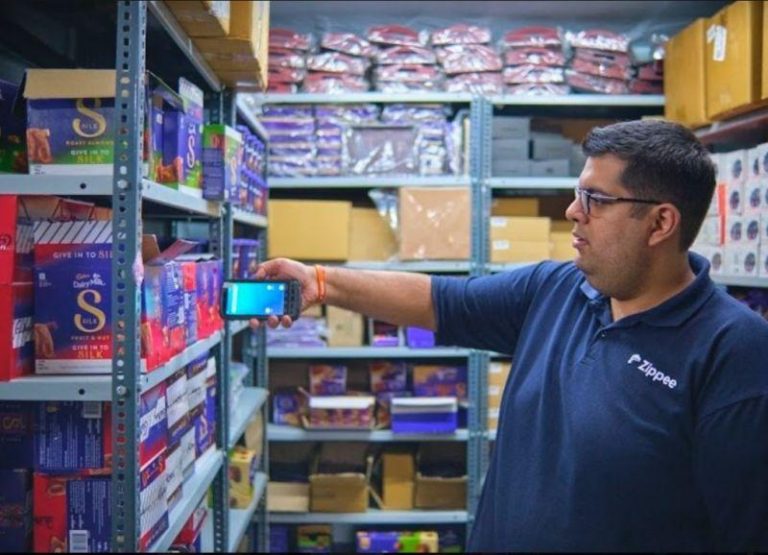
How PadCare is solving sanitary waste crisis
The menstrual cycle is a natural part of life for women, but it’s often accompanied by a host of challenges, including the daunting task of managing sanitary waste. The statistics are staggering: an estimated 12 billion pads are used every year, with most ending up in landfills or incinerators, contributing to the growing sanitary waste crisis. But one startup is determined to change the game – PadCare Labs, a Pune-based organization that’s revolutionizing the way we think about menstrual waste management.
The Sanitary Waste Crisis
The sheer volume of sanitary waste is a major concern, with estimates suggesting that the average pad generates 100 grams of waste per use. Multiply that by the number of pads used every year, and you’re looking at a staggering 12 billion grams of waste. But it’s not just the quantity that’s the problem – it’s the quality too. Sanitary pads are made from non-degradable materials like plastic and polyester, which can take hundreds of years to decompose. And when they do eventually break down, they release toxic chemicals and microplastics into the environment.
The consequences of this crisis are far-reaching. Sanitary waste contaminates soil and waterways, posing a significant risk to human health and the environment. In addition, the lack of proper waste management infrastructure and education means that many women and girls are forced to resort to dangerous and unhealthy practices, such as burning or burying used pads.
PadCare’s Innovative Solution
Founded in 2018, PadCare Labs is a social enterprise that’s dedicated to transforming the way we manage menstrual waste. The startup’s innovative approach involves collecting used sanitary pads from schools, colleges, and communities, and then recycling them into reusable materials.
To date, PadCare has recycled over 200 metric tonnes of used sanitary pads, preventing an estimated 450 tonnes of CO₂ emissions. But it’s not just about the numbers – it’s about the impact. By recycling sanitary waste, PadCare is reducing the amount of waste that ends up in landfills and incinerators, and creating a sustainable cycle that benefits both the environment and the community.
From Waste to Resource
So, how does PadCare do it? The process begins with collection, where used sanitary pads are gathered from participating schools, colleges, and communities. From there, the pads are transported to PadCare’s recycling facility, where they’re sorted and cleaned.
Next, the pads are processed into raw materials, such as cotton, polyester, and cardboard. These materials are then transformed into a range of reusable products, including bags, wallets, and stationery items. The end result is a sustainable, eco-friendly product that’s both functional and fashionable.
Community Engagement
But PadCare’s impact doesn’t stop at recycling. The startup is also committed to education and community engagement, with a range of initiatives designed to promote menstrual hygiene and sustainability.
Through its partnerships with schools and colleges, PadCare provides education and training on menstrual hygiene, waste management, and sustainable practices. The startup also works with local communities to promote the importance of proper waste disposal and recycling.
Scaling Up
PadCare’s impact is already being felt, with the startup’s presence in over 1,500 locations across 24 cities. But the team is just getting started, with plans to expand to even more locations and scale up its operations.
To achieve this, PadCare is partnering with government agencies, NGOs, and private companies to create a sustainable and scalable model for menstrual waste management. The startup is also developing new products and services, including a range of reusable menstrual products made from recycled materials.
Conclusion
The sanitary waste crisis is a complex and pressing issue, but PadCare Labs is proof that innovation and sustainability can go hand-in-hand. By recycling used sanitary pads and transforming them into reusable materials, PadCare is reducing waste, promoting sustainability, and empowering women and girls to take control of their menstrual health.
As PadCare continues to grow and scale up its operations, it’s clear that the future of menstrual waste management is bright. With its commitment to education, community engagement, and sustainability, PadCare is redefining what’s possible – and providing a new standard for menstrual waste management across India.
Source: https://ascendants.in/the-ascendants/sanitary-pads-sustainability-padcare/






